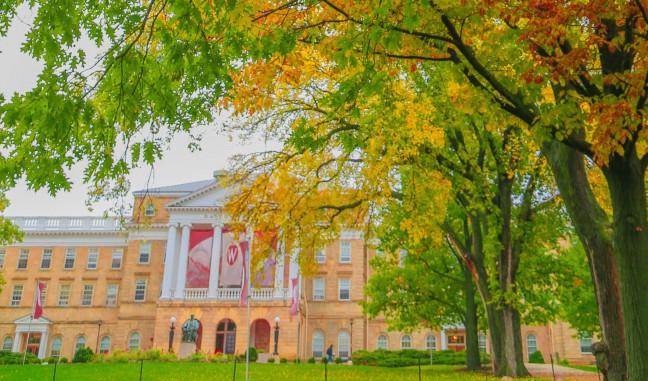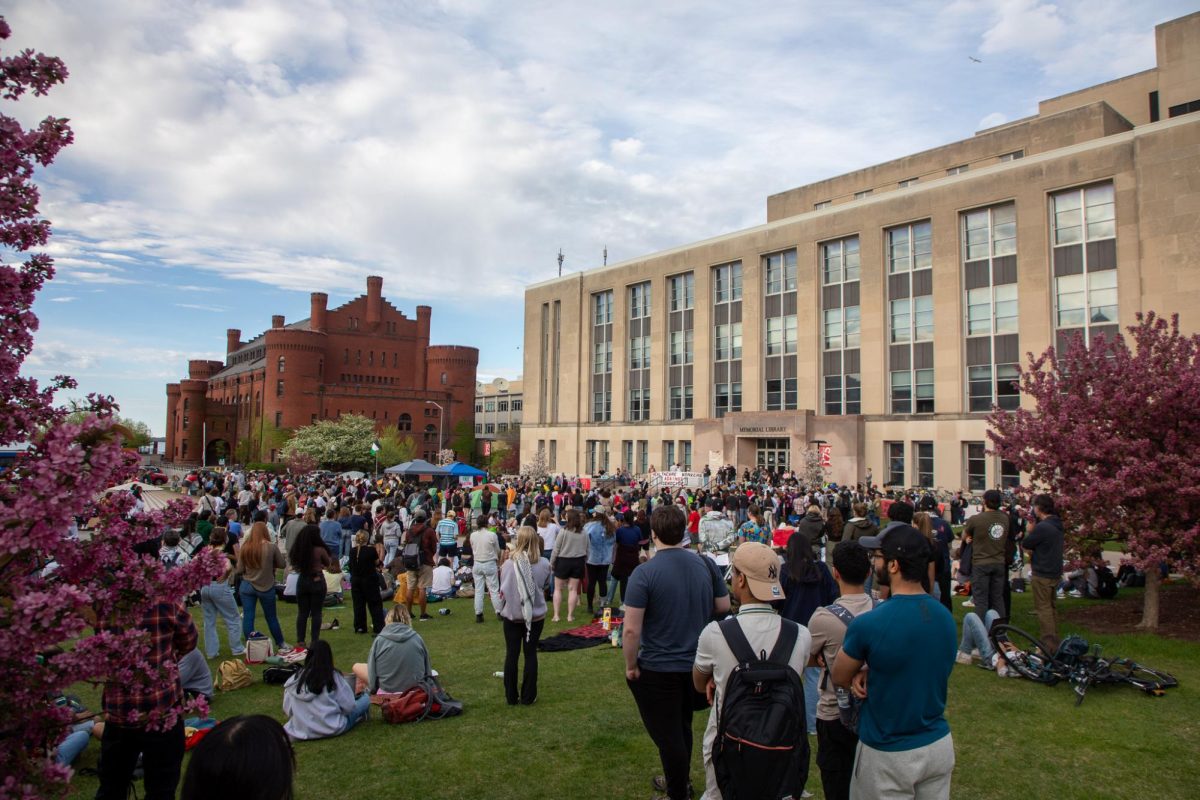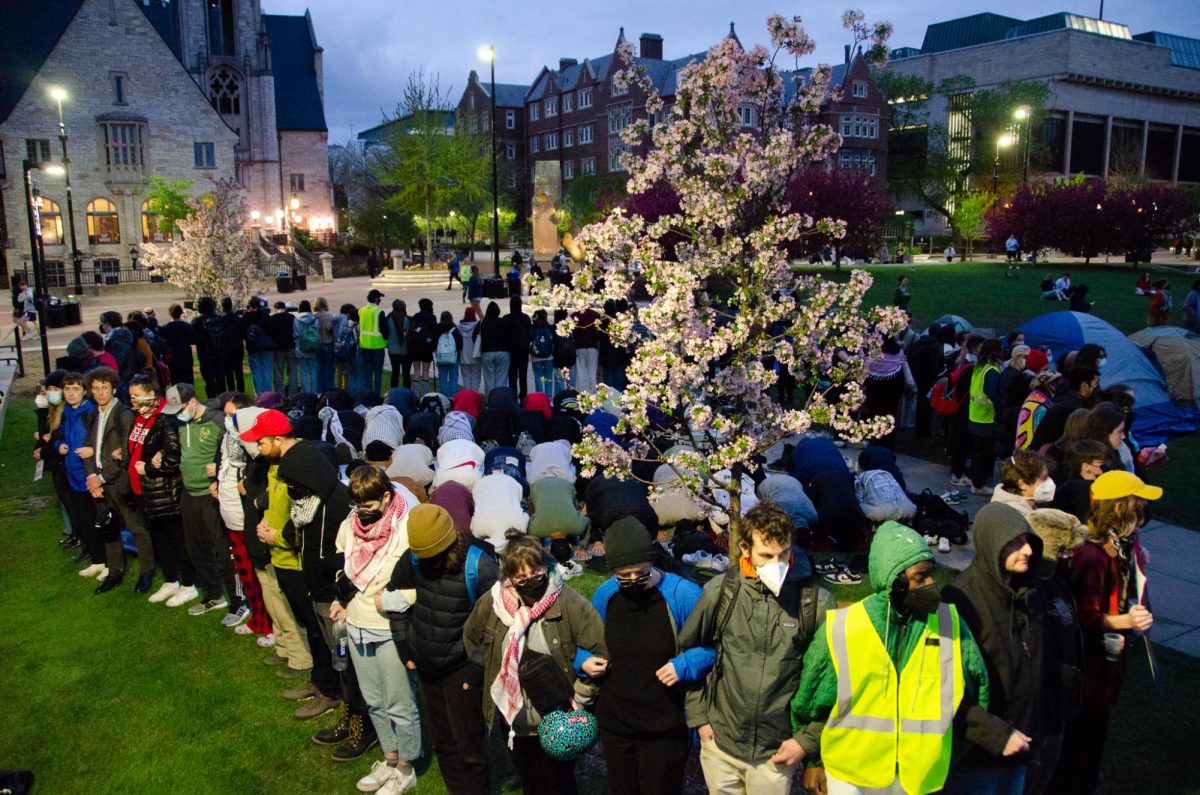Chancellor Rebecca Blank and other University of Wisconsin System officials say increasing non-resident tuition will bring UW’s rates up to “market value,” but some experts worry the spike will decrease enrollment.
UW System President Ray Cross said at April’s Board of Regents meeting — where out-of-state tuition spikes were finalized — the increase would bring in revenue while keeping system tuition up-to-date with competing public universities.
“The increases are about market value,” Cross said. “We’re losing out because we’re ahead in rankings but are charging less.”
Non-resident tuition for some other Big 10 schools towers over that of UW, which was $26,660 including fees this year. Out-of-state students at Indiana University pay $30,228 a year and undergraduate non-resident tuition and fees at University of Michigan totaled $41,906 for the 2014-15 school year.
But compared to other Big 10 schools, UW non-resident undergraduates paid more. Out-of-state students at University of Minnesota-Twin Cities paid $20,810 for tuition and fees this year and $21,990 was the cost at University of Nebraska.
Non-resident undergraduate tuition at UW will likely be over $36,000 in the 2018-19 school year if the Board of Regents approves the second installment of Blank’s tuition plan in two years. The regents voted to increase out-of-state tuition by $3,000 each of the next two years and expressed support for plans to raise it $2,000 for two more schools years after that, adding up to a $10,000 spike over the next four years.
Andrew Reschovsky, a professor of applied economics at UW, said he thinks UW will remain an attractive choice for non-residents, even with the spike.
“There is little question in my mind about whether raising tuition for non-residents will increase tuition revenue for the university,” Reschovsky said.
Noel Radomski, director of the Wisconsin Institute for the Advancement of Postsecondary Education, said this thinking made sense from a market economist’s perspective, but from the perspective a behavioral economist, UW could face problems raising non-resident tuition.
Radomski said UW might have trouble attracting non-resident students into the undergraduate program, given the size of the tuition increases. Decreased enrollment could render UW System officials’ revenue projections inaccurate, he said.
“When you look at the research literature, what happens at public research institutions that increase tuition in these different categories [out-of-state, international], questions arise about whether or not those revenue projections are accurate,” Radomski said.
Radomski also said research shows the tuition increases could change the type of non-resident students that will elect to come to UW, Radomski said. Students with high tests scores and GPAs might choose other public research universities, he said.
“It’s likely that you’ll see less qualified non-resident students enrolled on the UW-Madison campus,” Radomski said.
Radomski said likely there would be fewer lower-income and middle-income students at UW, because non-resident students that fall into those categories will stay in-state or go elsewhere.
Radomski said the problem with comparing tuition at UW to tuition at a more expensive public research university, such as University of Michigan, is the relatively small size of UW’s endowment. Unlike University of Michigan, which has a much larger endowment, UW is not able to give as many grants to non-resident students, he said.
“We’re going to be increasing tuition but not increasing aid,” Radomski said.
The non-resident tuition increases come hand-in-hand with Blank’s decision to reduce the budget by $36 million Friday, also a response to the $300 million state funding cut outlined in Gov. Scott Walker’s 2015-17 biennial budget.























